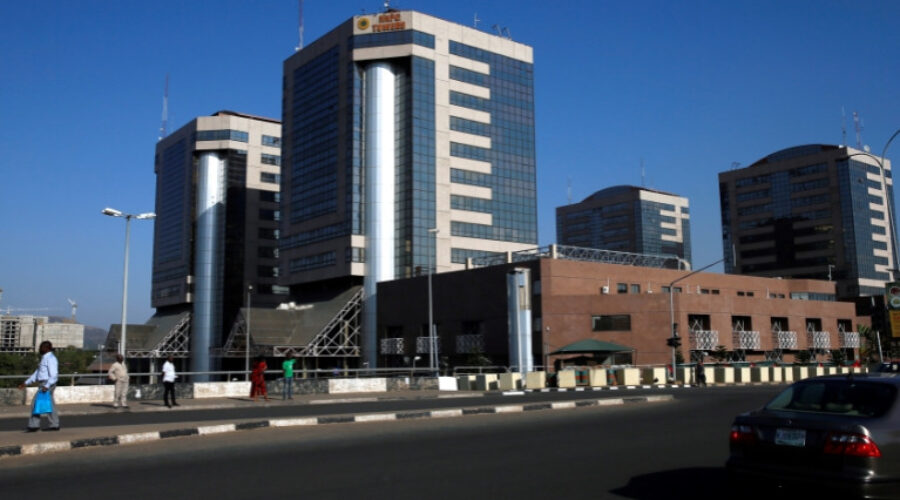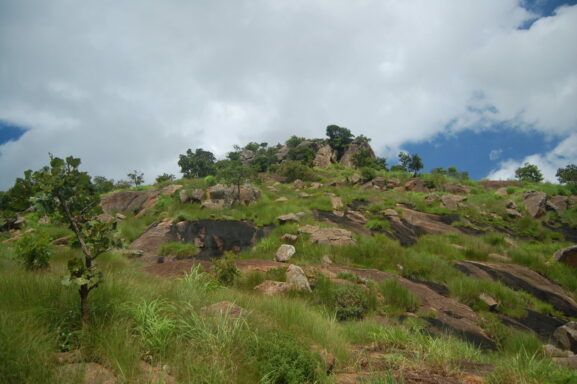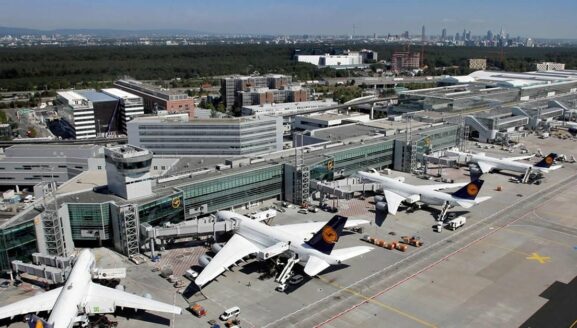Relocating to Abuja: 12 Most Frequently Asked Questions for Everyone
As your expert guide on relocating to Abuja, Around Abuja compiled a list of the 12 most frequently asked questions. These questions will help give you a general overview of what you need to know about Nigeria’s capital city, Abuja.
Relocating to Abuja: 12 Frequently Asked Questions
Without so much ado, let’s get into the 12 most frequently asked questions about Abuja for everyone moving to Abuja:
Is Abuja a good place to live?
Depending on the kind of lifestyle you choose, Abuja can both be expensive and cheap. So, take note that the answer to this question is a matter of lifestyle. You can compare Abuja with other cities around the world such as Paris, Dubai, Nairobi, London, etc. There are nice hotels, bars, restaurants and what have you. In fact, whatever you can imagine in Abuja you will get it.
What is the Cost of living in Abuja?
For a single person, an estimated cost of living in Abuja will be around $5723 (about N300,000). A family of four should spend about $2,100 (approximately N900,000) minus rent. In terms of cost of living, Abuja, Nigeria, is 61.71% less expensive when compared to New York City, USA.
Where do the rich people live in Abuja?
When you are talking about where the rich and the affluent are mounted, it is definitely Asokoro. It is Abuja’s most exclusive district and houses major government officials (past and present). It is also the home of the presidential villa, the Aso Rock.
Where’s the safest place to live in Abuja?
Talking about safety, there are districts in Abuja where you will enjoy relative safety there. Top-notch is Asokoro, which is a major and popular neighborhood in the city. Some other safe areas include Maitama, Garki, Gwarinpa, Lokogoma, Wuse, Jabi, Life Camp, Apo, Utako, and Jahi, to mention a notable few.
How is life in Abuja like?
Life in Abuja can be fun in that the city has at least one thing to offer everybody. The weather is good, with two seasons being the rainy and the dry seasons. Abuja houses luxurious hotels, five-star restaurants, cinemas, large malls, and wonderful nightlife. In addition, expats from different international destinations can be found in different community settings.
How many tribes are in Abuja?
Abuja is comprised of 9 indigenous tribes. These tribes, arranged in order of alphabets are:
- Amwamwa
- Bassa
- Egbira
- Gade
- Ganagana
- Gbagyi
- Gbari
- Gwandara, and
- Koro
What is the biggest estate in Abuja?
The biggest estate in Abuja is the Gwarinpa Estate. It is located in Phase 3, in the Federal Capital Territory, Abuja. It is not only the single largest estate in Abuja, Nigeria but the largest in West Africa as well.
What kind of city is Abuja?
Built back in the 1980s, Abuja is a planned city. The city is located within Nigeria’s Federal Capital Territory (FCT) and replaced Lagos as Nigeria’s capital on December 12, 1991.
What is Abuja known for?
Abuja is known for being a capital city built on purpose. It is one of a kind in Africa. Abuja is also one of the wealthiest cities you can think of on the African continent. It is a key capital in Africa and influences major regional affairs in the continent.
What does Abuja mean in English?
According to the Collins Dictionary, Abuja in British English (pronounced as əˈbuːdʒə, noun), is the federal capital of Nigeria. It is also in the centre of the country.
Why is Abuja not a state?
The city of Abuja, upon creation, was to serve as Nigeria’s Federal Capital Territory (FCT). Hence, it is not a state.
How many areas are in Abuja?
There are six area councils in Abuja which are Abaji, Bwari, Gwagalada, Kuje, Kwali, and Abuja Municipal (AMAC).
Conclusion
The above 12 questions are to serve as an eye opener for anybody who has recently moved into Abuja or planning on relocating to Abuja anytime soon.
We hope that you found this article very interesting to read, and informative as well. Stay with us at aroundabuja.com for more.



